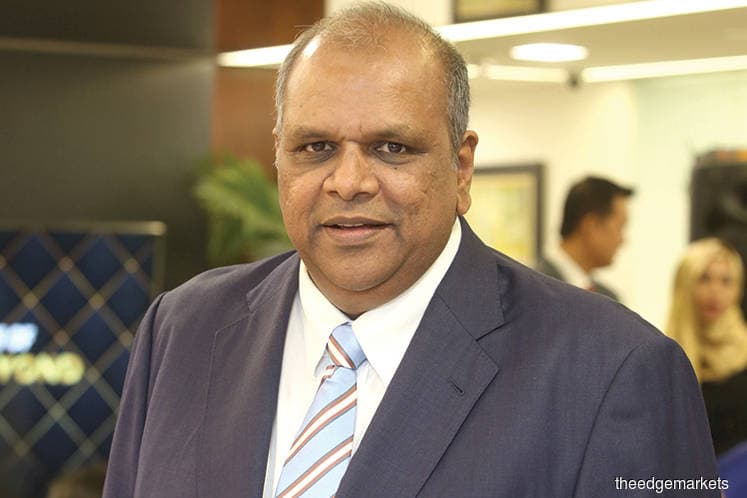
This article first appeared in The Edge Financial Daily on October 3, 2018
KUALA LUMPUR: The issuance of securities by government-related or quasi-government entities should be subject to the same governance applied to issuances by private corporations.
According to Bank Muamalat Malaysia Bhd chief executive officer Datuk Mohd Redza Shah Abdul Wahid, this is to ensure issues surrounding the scandal-plagued 1Malaysia Development Bhd (1MDB) are not repeated.
“From my observation of the 1MDB issue, one of the key things is government-related or pseudo-government organisations are exempted [from disclosing adequate information] when issuing securities, such as the issuance of a prospectus when a goverment guarantee is in place.
“It is probably timely for [the banking sector] to rethink this [matter]; do you exempt an organisation just because it is government-related or pseudo-government? 1MDB has proven that no exemptions should be given,” he told reporters on the sidelines of the General Council for Islamic Banks and Financial Insitutions — World Bank Conference on Corporate Governance of Islamic Financial Institutions yesterday.
He added that problems will arise if there is inadequate information provided when securities are to be issued.
“This is where I think the boards of various banks need to rethink [these issuances] ... it is their right to reject such transactions if the information provided to them is insufficient ... we have learnt from 1MDB on that.
“This is food for thought. It does not require regulations, but now it is up to the banks as information should be key for governance to take hold.”
During his keynote address, Mohd Redza said 1MDB’s first bond issuance in 2009 (when it was known as the Terengganu Investment Authority) was a 30-year government-guaranteed Islamic medium term notes.
“At the heart of Islamic finance, we talk about tangibility and transparency. Unfortunately, because this was a government-related agency, information and cash flows took a back seat and government guarantees were highly relied upon.
“Perhaps one day, research will be done on the use of Islamic instruments and its weakness on addressing governance issues,” he told a roomful of Islamic finance professionals.
On a separate matter, Mohd Redza said there are no pressures for consolidation in the Islamic banking industry.
“The Islamic banking landscape is competitive, which is good for consumers. Generally, there has been good performance among [Islamic] banks. If these circumstances change, then there may be a need to look at mergers.
“For now, we believe there is no pressure for Islamic financial institutions to merge, and everyone is quite happy with their market share.”